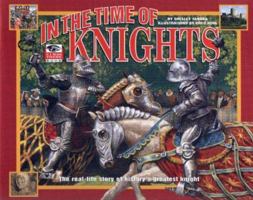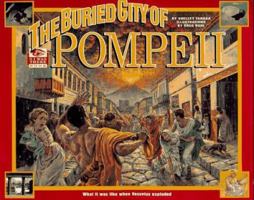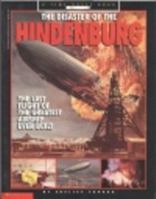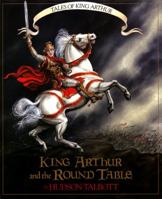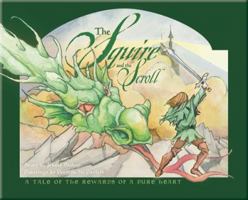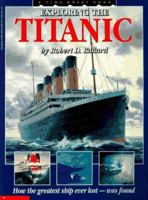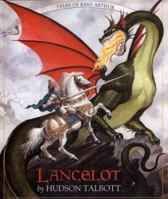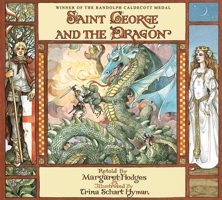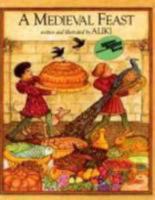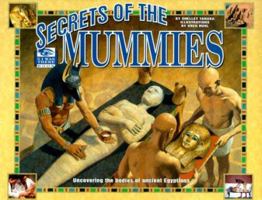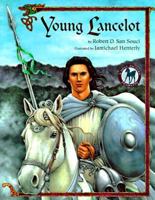Mr Dressup's 50 More Things to Make and Do
For parents, teachers, babysitters and daycare workers, a book of creative play activities for each season of the year. Designed for children three to six years old.These and other seasonal Make-and-Do Activities require little preparation, simple and easily available material, and minimal adult guidance. This description may be from another edition of this product.
Format:Paperback
Language:English
ISBN:0773754601
ISBN13:9780773754607
Release Date:September 1991
Publisher:Stoddart Kids
Length:32 Pages
Weight:0.45 lbs.
Dimensions:11.0" x 0.5" x 8.5"
Related Subjects
PhilosophyYou Might Also Enjoy
Customer Reviews
0 customer rating | 0 review
There are currently no reviews. Be the first to review this work.














